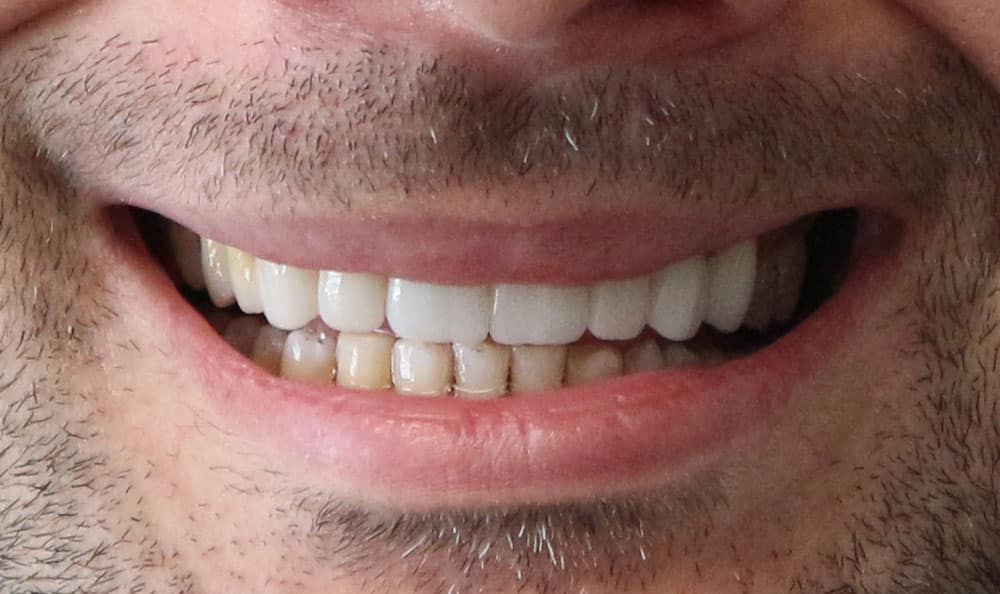Gum swelling is a typical sign of gum disease. But there are other reasons why you can get inflamed, painful gums. Infections, hormonal fluctuations, and vitamin shortages are further offenders. Gum swelling may be a transient or chronic ailment.
How do medical professionals treat swollen gums?
The cause will determine how to treat swollen gums. A dentist or periodontist (a specialist in gum disease) can suggest swollen gums treatment if gum disease is the cause.
Typical dental procedures for enlarged gums consist of:
- Antibiotics.
- Increasing the amount that you brush and floss.
- Thorough dental cleaning, root planning, and tooth scaling
- Reduce the pockets surrounding your teeth with osseous surgery and use a laser to create a new connection.
Your healthcare professional will need to investigate the cause if you have swollen gums but do not have gum disease. If they suspect you have another illness, such as an infection, diabetes, or vitamin deficiencies, they'll probably prescribe tests.

Natural treatments for enlarged gums
You should make an appointment with a Dentist Near Me if your swollen gums persist for over two weeks. You can do the following actions at home to help with your symptoms in the interim:
- Every day, brush and floss your teeth.
- A few times a day, rinse your mouth with warm saltwater.
- Use an ice pack on your face to lessen irritation and swelling.
Is it possible for gum swelling to disappear?
Yes, with the proper care, swollen gums can disappear. Swelling may even resolve on its own in certain situations. For instance, if you remove the food particles lodged in your gums, the swelling should go away. But you'll most likely need treatment if gum disease is the source of your swollen gums. If you are in severe pain or have a condition, the best option is to see an urgent Dentist near me.
Causes:
Food fragments lodged in the teeth
Simple dental problems like food particles lodged in the teeth could cause sore gums.
For example, chewing popcorn can result in hard kernel fragments getting trapped between the teeth and occasionally in the gums. This has the potential to irritate and inflame the surrounding tissue.
Being pregnant
Even in those with excellent oral health, pregnant women may experience swollen gums.
Hormones fluctuate significantly and quickly throughout pregnancy. The gums may receive much more significant blood flow due to these hormone changes, making them more susceptible to swelling.

Infections
Infection in the mouth can result in problems, including gum swelling.
For example, long-term infections like herpes might result in problems that enlarge the gums. Oral thrush, a yeast mouth disease, can also result in signs like swelling.
Additional reasons
Gum swelling can also result from other medical conditions, though they are less frequent. Other potential reasons for enlarged gums are as follows:
- Malnourishment
- Sensitivity to mouthwash or toothpaste chemicals
- Adverse effects of specific drugs
- Wearing ill-fitting crowns, dentures, or other dental appliances
You must visit Walk In Dentist near you if you have dental emergencies, such as gum swelling and cracked teeth.
Conclusion
You should be concerned if you detect swollen gums when you look in the mirror. Gum inflammation is a sign that something is off with your body. The most frequent cause is gum disease. However, other medical disorders like diabetes, hormonal imbalances, and vitamin deficiencies can also be distinguished by sore gums. Inform your emergency dentistry if your gums swell for more than two weeks.
Comments